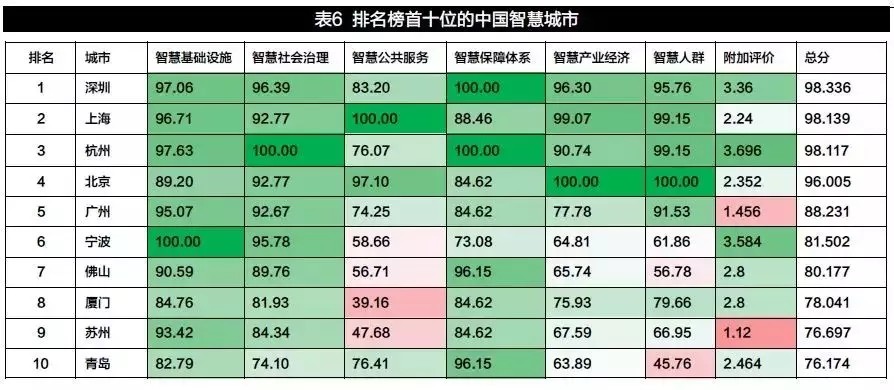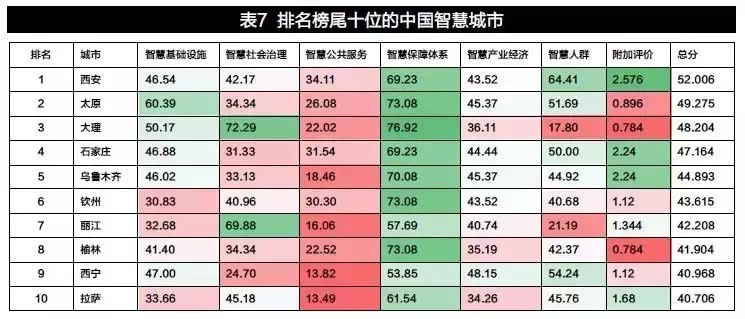Since the beginning of the new century, with the continuous development of Internet technologies, cloud technologies, AI artificial intelligence, etc., digitization and intelligence are no longer the only slogans of empty talk. People in work and life feel and increasingly look forward to the convenience and efficiency brought about by the smart way.
With the ever-increasing demands on the city’s economic development and the ever-increasing urbanization process, the requirements for the intelligent construction and management of the city are becoming more and more concrete and urgent, coupled with the strong support of policies, the prospects for the construction of smart cities in China. Very broad.
Difficulties in data collection, backward development of public services in smart cities
Tsinghua University’s School of Economics and Management Professor Chen Jing’s article “Development and Ranking of Smart Cities in China: A Multidimensional Study from Top to the End” reveals the overall development of smart cities in China, as well as smart infrastructure and smart social governance. , wisdom public service, wisdom protection system, wisdom industry economy, wisdom population and other aspects of development.
Among the top ten cities in the rankings and the top ten smart cities in the list, the development of a relatively backward service for the wisdom of the public, including the main problems, including the data open the total amount of readable data is low, social cooperation is limited, the people's livelihood service project Slow progress and so on.


The initial construction cost of smart cities usually has a relatively clear budget, but the daily operation and maintenance costs after completion are often not clearly defined in the construction plan. Smart city public services involve a large number of hardware and software equipment for data acquisition and data processing, as well as human and technical support. The daily installation and commissioning, loss of operation, maintenance and repair, and upgrades and upgrades are costly.
At the "2017 Internet+Smart China Conference" last year, Jiang Defeng, director of the National Intelligence Smart City Research Center, pointed out that data governance capability has become an important indicator for evaluating a city's competitiveness.
From the lighting point of view, smart street lights are often an important way to cut into the wisdom of urban management. As we all know, the smart streetlight is not only simple to illuminate the city, it also has developed functions such as monitoring, environmental monitoring, and alarming. Allowing data integration, interoperability, integration, and resolution of data silos is an important step in smart city management.

















 RCCN WeChat QrCode
RCCN WeChat QrCode Mobile WebSite
Mobile WebSite







